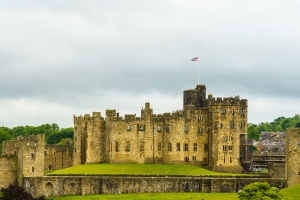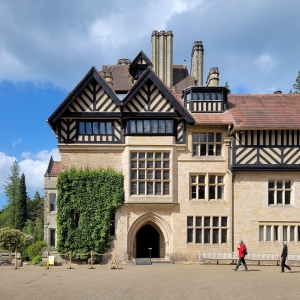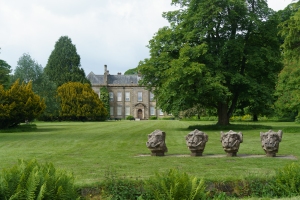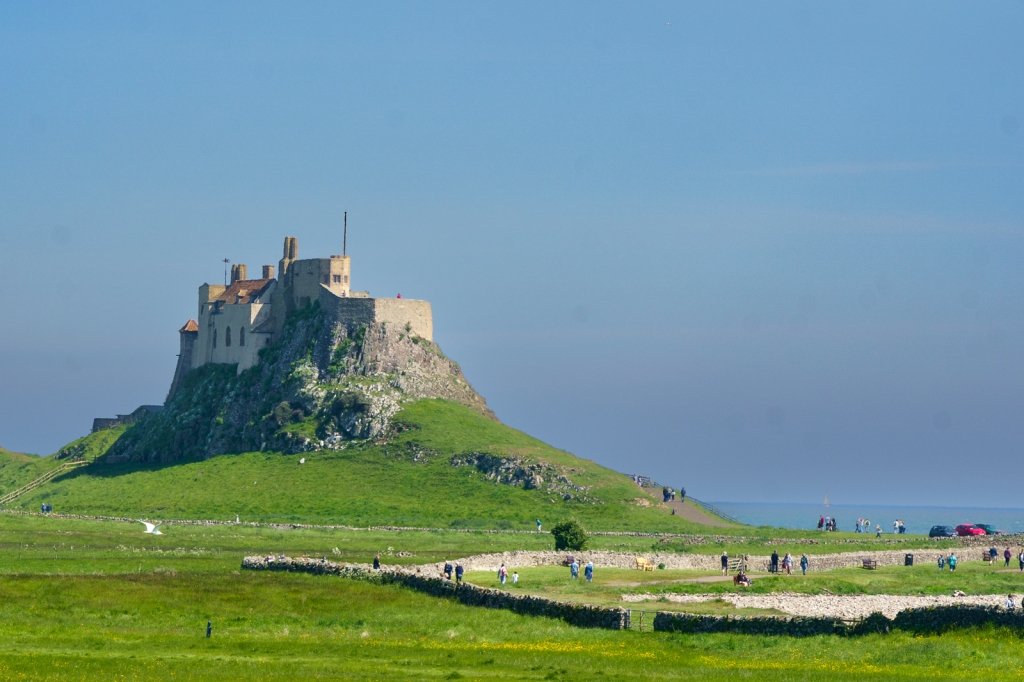We’ve just spent three nights in Newcastle as a base for visiting castles, houses and gardens in Northumberland.
But first let’s be clear about what we mean: Northumberland or Northumbria? This is from the website www.askdifference.com:
Northumbria, existing from the 7th to the 10th centuries, was a powerful Anglo-Saxon kingdom that covered what are now Northern England and Southeastern Scotland. It was known for its significant cultural and religious contributions, including the Lindisfarne Gospels and the monastic tradition of Saints Aidan, Cuthbert, and Bede. Northumberland, on the other hand, is a contemporary county in Northeast England, named after the historical kingdom but smaller in scope. It borders Scotland and is renowned for its rugged landscape, including the Northumberland National Park and the historic Hadrian’s Wall.
That’s clear then. We were visiting Northumberland; we didn’t get anywhere near Scotland.
We went because we’ve not been there before and because some of its attractions like Lindisfarne Castle (pictured above) feature in books we’ve recently read (including Holy Island by LJ Ross).
It was a smashing trip. The sun shone most of the time, although it wasn’t exactly warm, and we fortuitously dodged the one heavy shower when we were having lunch at Alnwick gardens.
We visited six locations and there were positive experiences at all of them. But they did prompt some interesting observations and a big question.
Four of the locations are now in National Trust hands and they’re there because of death duties. It’s a reflection of how wealth in this country has been concentrated, it still is, but how taxation can have some albeit imperfect role in its redistribution.
Another, Lindisfarne Priory, is looked after by English Heritage.

The one that’s still in private hands is Alnwick Castle (pictured) and it’s owned by the Duke of Northumberland who’s number 285 in the Sunday Times Rich List. The Castle is run very much as a business, photography is not allowed and there are few rooms open to the public. All a bit Disneyland really.
The adjacent Alnwick Gardens is a charitable trust but is really more of the same. There’s a large ‘water feature’ which has no charm and compares poorly with what we saw at the Villa d’Este near Rome.

Two of the locations, Bamburgh Castle and Cragside (pictured), are connected with William, later Lord Armstrong, who was a very successful entrepreneur engineer in the 19th century. Along with Telford and Brunel he was one of the fathers of the British heavy engineering that led the world and underpinned this country’s victories in the two world wars.
In his day Armstrong was rich, colossally rich, the Jeff Bezos of his day, but his estate still fell victim to death duties.
It’s Armstrong that prompts my question. What happened? How did the UK have world leading engineering in the middle of the last century only to have lost that position just half a century later. Was it the cost of ‘winning’ the second world war or had the decline already set in? Answers on a postcard please.
It was a very good trip. Here are my five highlights:

- All the properties we visited: National Trust, English Heritage and otherwise owned. Difficult to choose a best one but it was not Alnwick Castle. If I must choose then Wallingford House (pictured) if only because of the café!
- Meals out: It was a wise decision to plan to not eat in the hotel and to have a plan for the alternative. Both Broad Chore and 21 were super but all round I think I preferred the former;
- The people: The Geordie accent is so strong and widespread you almost think you’re in a foreign country (!) and in this one the people, like they are everywhere, are super;
- Personal service at Alnwick Gardens: I slowly learn the advantages of being grumpy but not angry when I’m complaining and so it was that I secured that little bit extra from Estelle. The Alnwick Amber Ale she magicked was super; and
- Rees’ driving on the last morning: We encountered road works on our way to catch our train home but it gave us just that five minutes more which made the difference between an easy walk and a panic dash to get our train.



Leave a comment